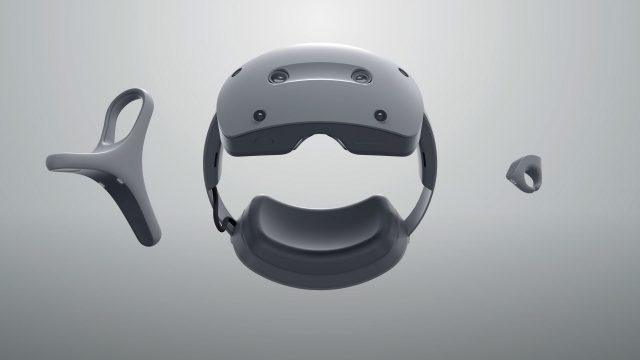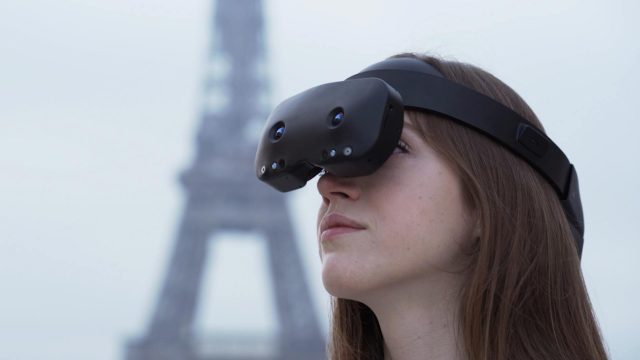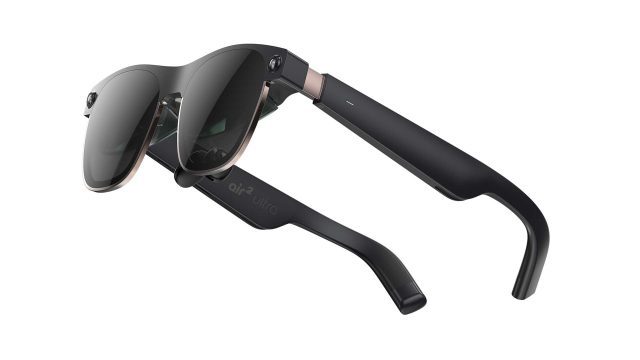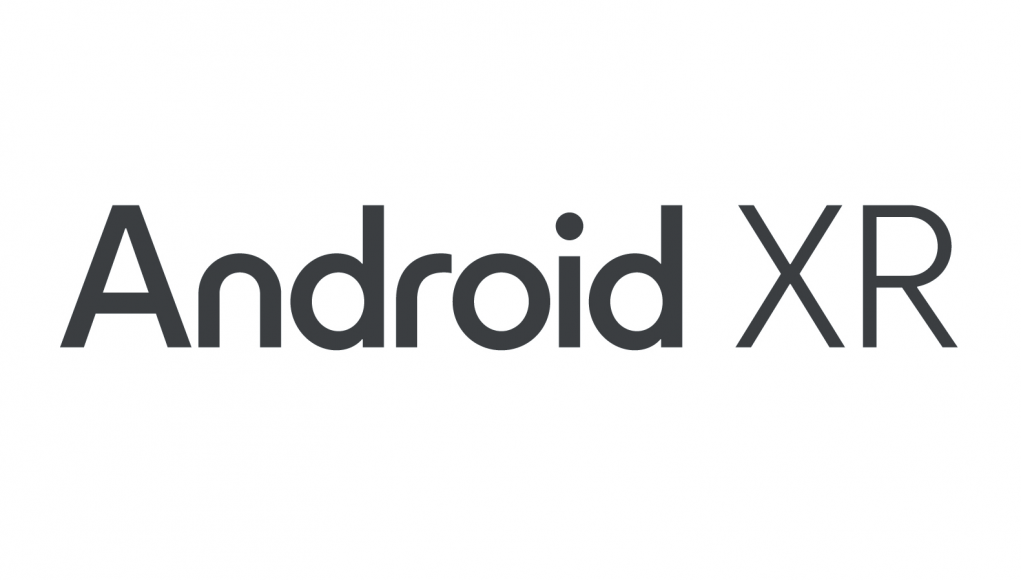Although Android XR isn’t properly open-source for the time being, Google hopes the OS will run on multiple partner headsets. While Samsung is said to be the first to launch an Android XR headset, Sony, Lynx, and XREAL are also planning to use the operating system.
Meta announced earlier this year that it intends to open its Quest’s Horizon OS operating system to third-parties, but now Android XR presents another choice for headset makers.
According to Google, Sony, Lynx, and XREAL are on board with Android XR.

For Sony’s part, its SRH-S1 enterprise-focused MR headset is very likely the first target for Android XR. When we went hands-on with the headset earlier this year, the company was tight-lipped about whether it was building its own platform and where users could source content from. Android XR makes a lot more sense for the company than trying to build out its own XR OS and platform.
As for Sony’s current and future PSVR headsets, we expect they’ll continue to be tied directly to the PlayStation OS rather than switch to Android XR.

Lynx R-1 is a long-in-development MR headset that has struggled to make it fully to market. Part of that struggle, naturally, is building out a software stack that does everything an XR headset needs to do.
Lynx founder Stan Larroque tells Road to VR the R-1 won’t adopt Android XR, but future headsets from the company will. Making this move could well put the company in a better position for the future, by reducing software development costs and giving its headsets access to a larger ecosystem of apps and content.

As for XREAL—a company building AR glasses primarily made to provide a large floating screen that projects content from other devices—it’s not clear yet exactly how they will use Android XR. But a good bet is that it will be the basis for future devices from the company.
While both Meta and Google are open to allowing their XR OS to work on third-party headsets, they’re still the gatekeepers. Neither Horizon OS nor Android XR are actually ‘open’ at this point. Only hand-picked partners can build on either OS.
But now that both operating systems are in play, there’s increased pressure for both to strive to be the ‘more open’ of the two. That pressure could quickly lead one or both companies to make their XR OS properly open for anyone to use.







